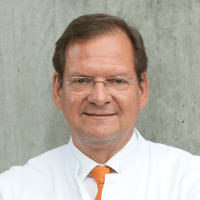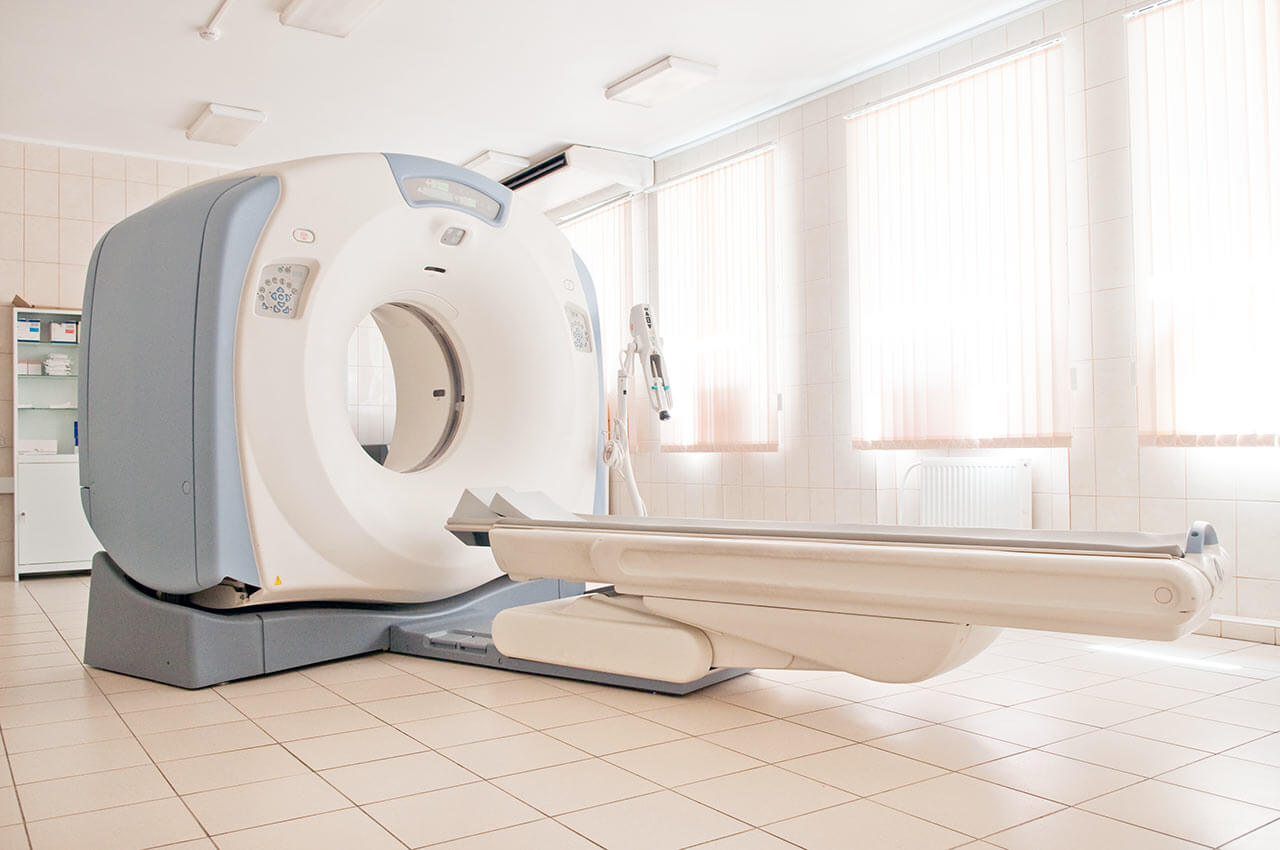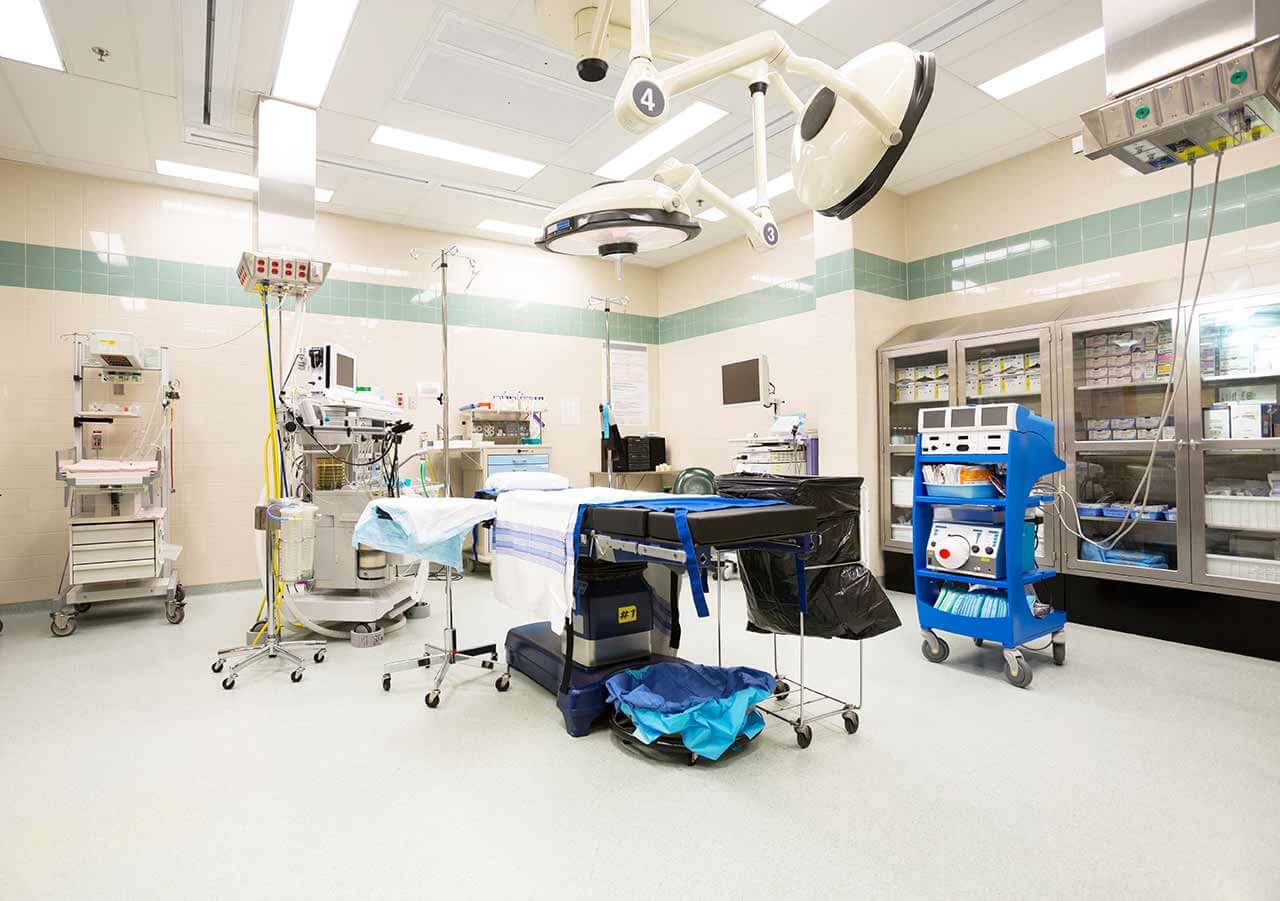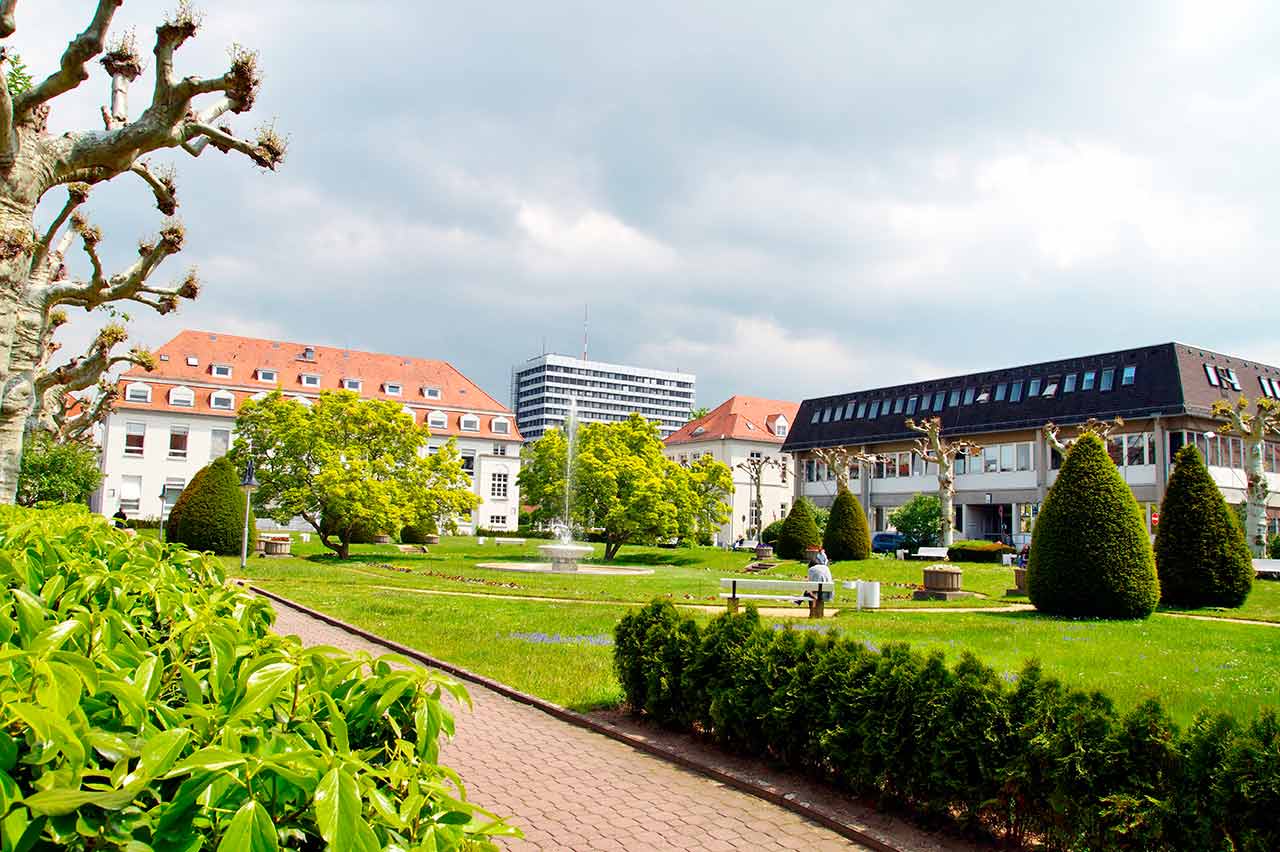
The program includes:
- Initial presentation in the clinic
- clinical history taking
- physical examination
- cardiological examination
- laboratory tests:
- complete blood count
- general urine analysis
- biochemical analysis of blood
- TSH-basal, fT3, fT4
- indicators of inflammation
- indicators blood coagulation
- measurement of arterial blood pressure
- electrocardiogram
- holter monitoring (24h)
- transesophageal echocardiography
- cardiac catheterization
- preoperative care
- percutaneous balloon valvuloplasty
- symptomatic treatment
- control examinations
- cost of essential medicines and materials
- nursing services
- full hospital accommodation
- explanation of future recommendations
Required documents
- Medical records
- Echocardiography (if available)
Service
You may also book:
 BookingHealth Price from:
BookingHealth Price from:
About the department
The Department of General and Interventional Cardiology, Internal Intensive Care at the University Hospital Mainz offers the full range of diagnostics and treatment of cardiovascular diseases. The department enjoys an excellent reputation at the national and international levels. The department is headed by Prof. Dr. med. Thomas Münzel, an eminent specialist, who ranks among the top German doctors listed in the prestigious Focus magazine rating of 2018.
The specialists of the department serve about 11,000 inpatients and 20,000 outpatients annually, and also perform about 600 heart valve implantations. In addition, the department implements a special preventive program, within which patients undergo a comprehensive examination of the cardiovascular system (2-3 days complex of individually selected examinations).
The department has 135 beds. Also, the department has an Intensive Care Unit, a specialized station for the diagnostics and treatment of coronary pathologies, a Chest Pain Unit, a Unit for Heart Valve Implantation, and four Heart Catheterization Laboratories. Such a rich infrastructure combined with the high professionalism of doctors allows the department to provide optimal therapy results.
The department specializes in the diagnostics and treatment of the following diseases:
- Coronary heart disease
- Subacute myocardial infarction
- Heart failure
- Inflammatory heart diseases (pericarditis, endocarditis)
- Heart muscle diseases
- Heart valve diseases
- Thromboembolism, leg vein thrombosis, pulmonary embolism
- Arterial hypertension
- Violations of water, electrolyte and acid-base balance
- Peripheral vascular diseases
- Other cardiac pathologies
The diagnostic and therapeutic options of the department include:
- Coronary angiography and angioplasty/stent implantation
- Patient care before and after heart valve surgery, coronary artery bypass grafting
- Intensive therapy
- Diagnostics and treatment of chest pains
- Diagnostics and treatment of heart valve diseases (most often – minimally invasive methods of therapy)
- Invasive cardiac procedures
- Right and left heart catheterization
- Balloon dilatation
- Stent implantation
- Percutaneous transluminal coronary angioplasty
- Myocardial biopsy
- Treatment of congenital heart defects in adults
- Catheter procedures for the treatment of valve diseases
- Transcatheter aortic valve implantation (TAVI)
- Mitral valve therapy (MitraClip, annuloplasty, valve replacement)
- Care for patients with prosthetic heart valves (Valve-in-Valve, Valve-in-Ring, MitraClip-in-Ring)
- Tricuspid valve therapy
- Echocardiography (including transesophageal echocardiography, stress echocardiography)
- Cardiac CT and MRI (in collaboration with the Department of Radiology)
- Cardiac functional diagnostics
- Stress electrocardiography (on a stationary bike or a treadmill)
- Resting electrocardiography
- Long-term electrocardiography
- Spirometry
- Spiroergometry
- Consultations on all cardiological issues
- Heart disease prevention
- Other medical services
Curriculum vitae
- 1979 - 1985 Study of Medicine at the Albert Ludwigs University of Freiburg.
- 1985 State examination and doctoral thesis defense (Dr. med.).
- 1985 - 1987 Scholarship of the German Cardiac Society at the Institute of Applied Physiology (Prof. Bassenge), Freiburg.
- 1988 - 1993 Research Assistant at the Albert Ludwigs University of Freiburg.
- 1993 - 1995 Doctoral Scholarship of the German Research Foundation at the Emory University, Atlanta, Georgia, USA.
- 1995 Habilitation at the Albert Ludwigs University of Freiburg.
- 1995 - 2004 Senior Physician at the University Hospital Hamburg-Eppendorf.
- 2003 Invitation to the position of C3 Professor in Internal Medicine, Medical Faculty of the University Hospital Hamburg-Eppendorf.
- 2004 Invitation to the position of C4 Professor in Internal Medicine at the Johannes Gutenberg University Mainz.
- Co-initiator of the Gutenberg Health Study Project (currently the world's largest prospective cohort study).
- 2007 Initiator and Board Member of Stiftung Mainzer Herz.
- Since 2008, Chairman of the Committee for Certification of Chest Pain Units in Germany
- 2009 Initiator and Board Member of Integrated Research and Treatment Section (IFB) of the Center for Thrombosis and Hemostasis of the Federal Ministry of Education and Research.
- 2010 Press Secretary of the Center for Translational Vascular Biology (CTVB) at the University Hospital of Mainz.
Review Activities
- Nature.
- New England Journal of Medicine.
- J. Clinical Investigations.
- European Heart Journal.
- Circulation.
- Circulation Research.
- Hypertension.
- Arteriosclerosis, Thrombosis and Hemostasis.
- J Am College Cardiol.
Awards
- 1990 Paul Boskamp GmbH & Co. Prize, Hamburg.
- 1992 Paul Martini Prize of Medical and Pharmaceutical Research Foundation.
- 1995 Paul Martini Prize of Medical and Pharmaceutical Research Foundation.
- 1998 Albert Fraenkel Prize of the German Society of Cardiology.
- 2003 Arthur Weber Prize of the German Society of Cardiology.
- 2014 Paul Morawitz Prize of the German Society of Cardiology.
- 2014 Order of Merit of the Rhineland-Palatinate.
- 2015 "Mainzer Pfennig" (Order of Merit of the City of Mainz).
Editorial Board Activities
- Circulation.
- J Am College Cardiol.
- Hypertension, Arterioslerosis, Thrombosis and Hemostasis.
Memberships
- European Society of Cardiology.
- American Heart Association (AHA).
- German Society of Cardiology.
- German Society of Internal Medicine.
- Member of the Steering Committees of Various Studies.
- Member of the Steering Committee of Gutenberg Heart Study.
- Reviewer of the German Research Foundation (DFG).
Photo of the doctor: (c) Universitätsmedizin der Johannes Gutenberg-Universität Mainz
About hospital
The University Hospital Mainz is one of the best maximum care medical facilities in Germany and an internationally recognized scientific center. There are more than 60 departments and institutes, which represent all fields of modern medicine. The hospital serves more than 68,000 inpatients and more than 273,000 outpatients annually, which testifies to the excellent reputation of this medical institution.
The key to the successful clinical practice is also a highly qualified medical staff, which consists of 7.800 employees from various fields. The doctors of the hospital are convinced that each clinical case requires an individual approach, therefore, they devote much time to consultations and communication with patients. The main goal of all hospital employees is to provide an optimal medical care based on the use of the state-of-art diagnostic and therapeutic measures, as well as the introduction of the latest scientific achievements into the medical practice.
The best interns and assistant physicians are trained here. The world-famous leading physicians of the hospital share their long experience and professional skills. Naturally, an integral part of the university hospital work is research, thanks to which many innovative possibilities in the field of diagnostics and therapy have been developed.
Photo: (c) depositphotos
Accommodation in hospital
Patients rooms
The patients of the University Hospital Mainz live in bright, spacious and comfortable rooms. The patient rooms are equipped with modern electronically adjustable beds, which at the touch of a button automatically assume a specified position. Also, there is a TV and a telephone in the patient rooms. To use them, it is necessary to get a prepaid card (in vending machines at the entrance to the hospital). The use of a TV is free, but the patient will need headphones. Telephone calls are made for a fixed fee, which will be withdrawn from the prepaid card at discharge from the hospital. Also, each patient room is equipped with an ensuite bathroom with shower, washbasin and toilet.
Meals and Menus
The patients of the hospital are offered a tasty and balanced three meals a day: breakfast, lunch and dinner. The menu also includes vegetarian and dietary dishes. In addition, for both patients and their visitors there are available cafeterias and bakeries, where one can buy baked goods, snacks, hot and cold drinks.
Further details
Standard rooms include:





